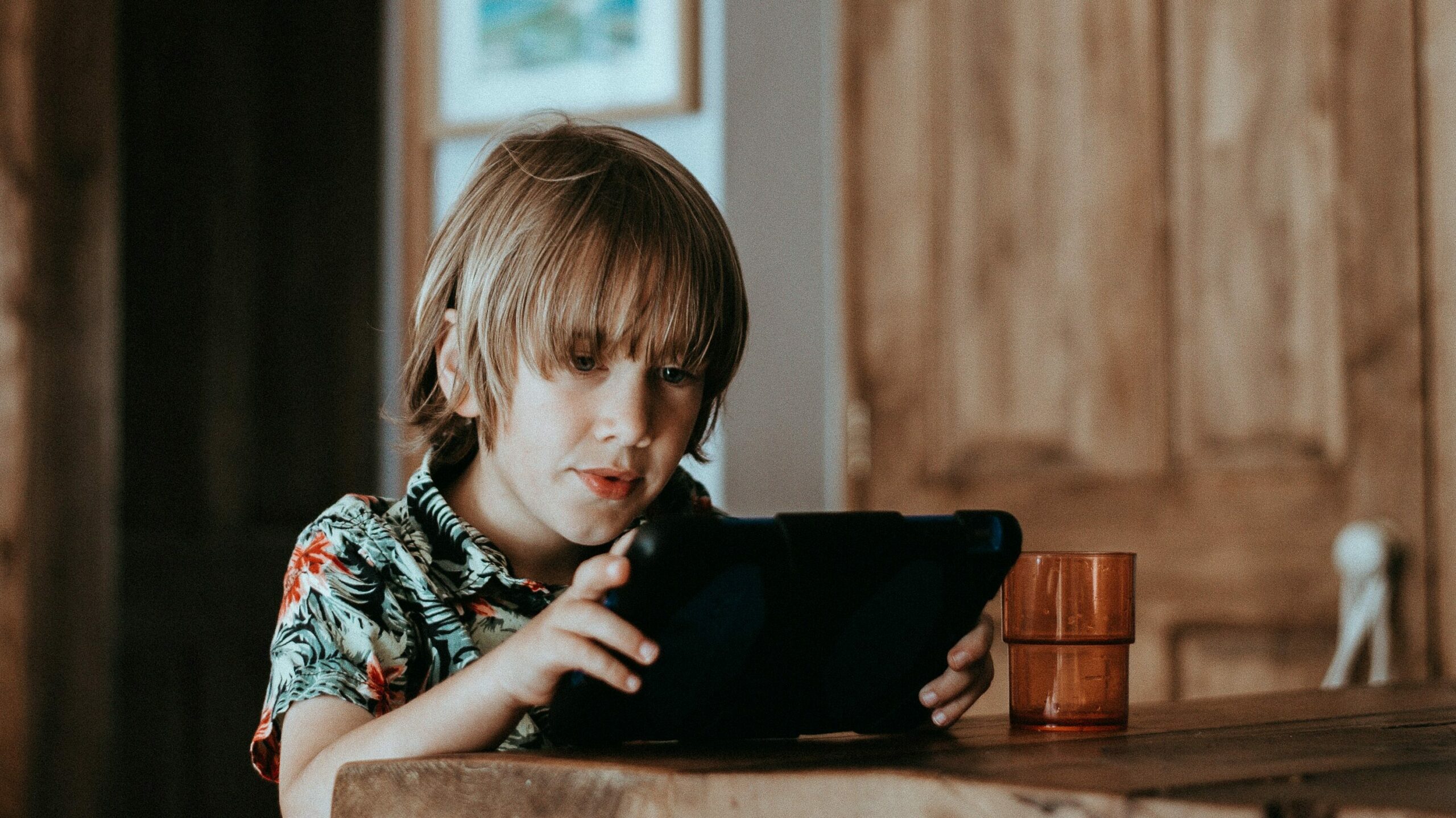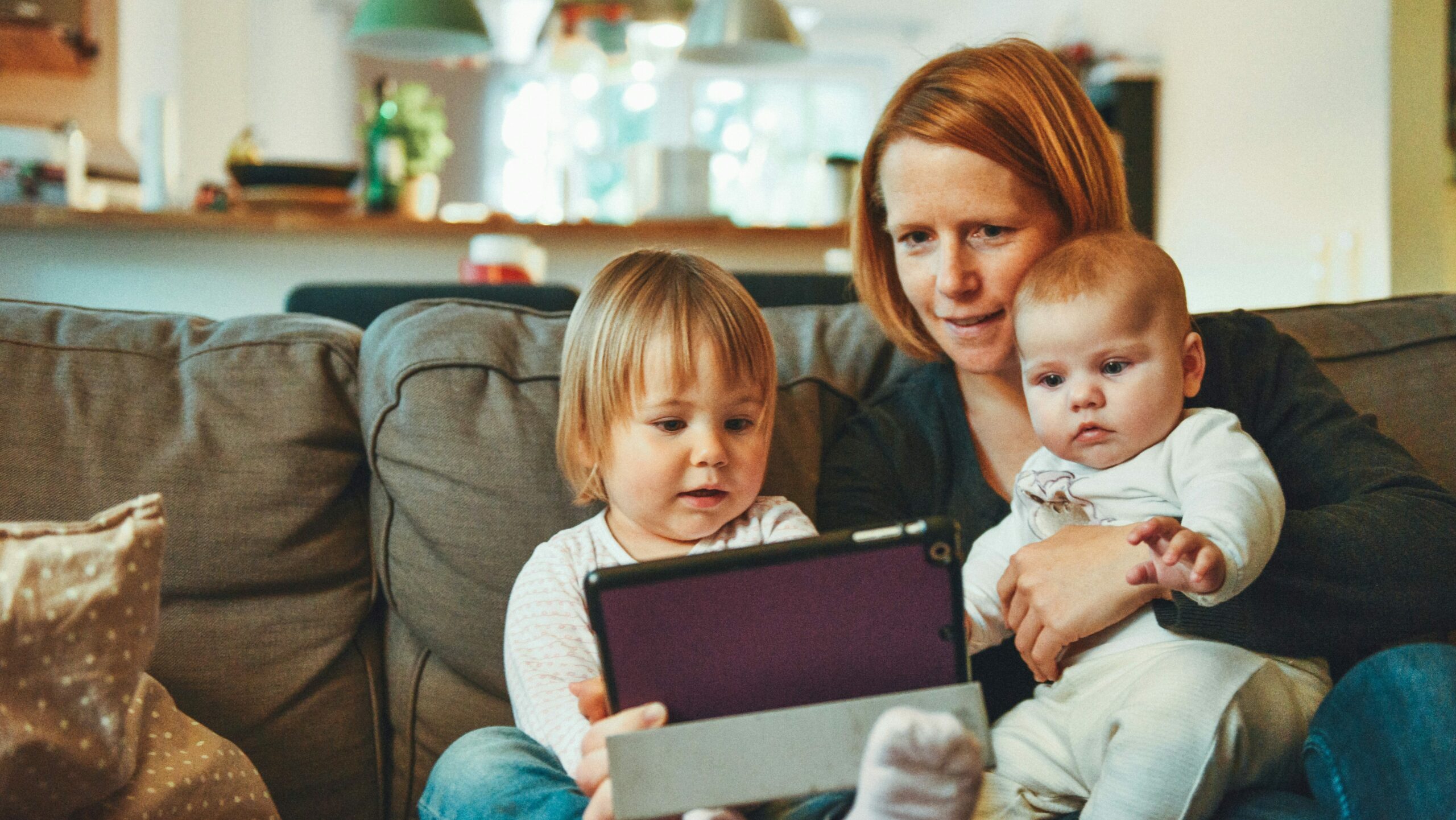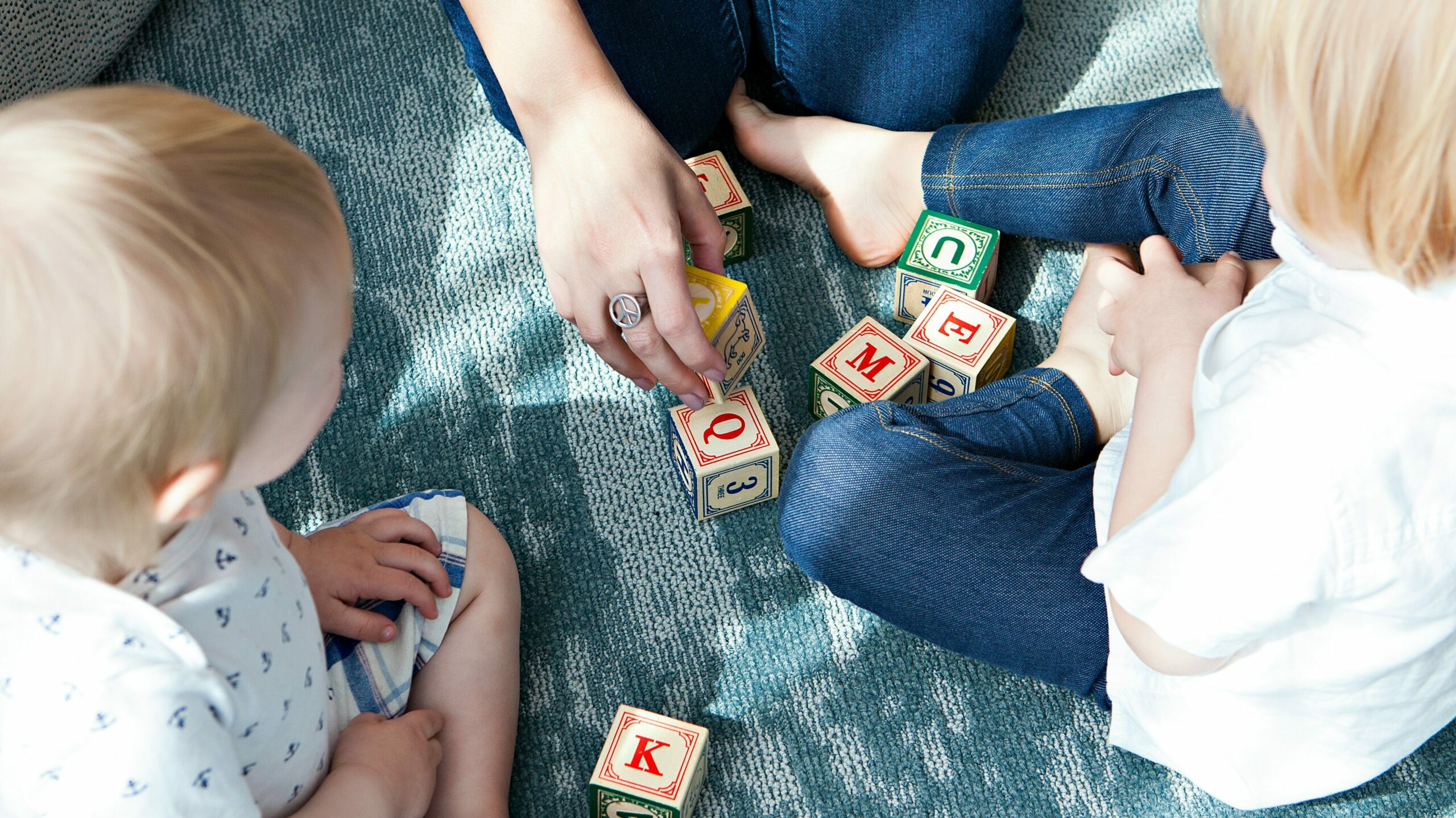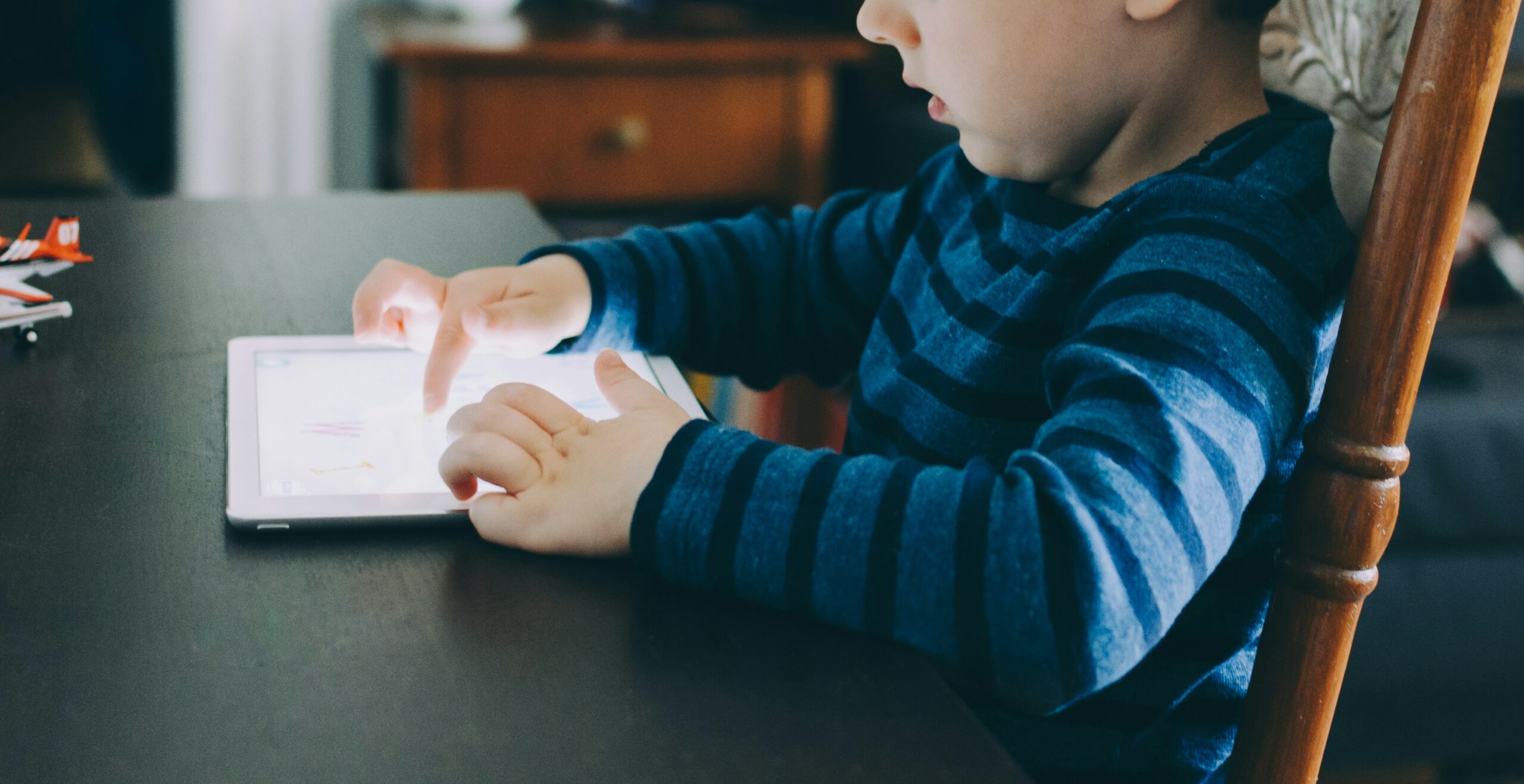As we live more and more of our lives online, one issue becomes increasingly vital to address: the effects of kids’ screen time on mental health.
You might have noticed some changes in your kids already. Maybe it’s their sedentary lifestyle, their inability to tear themselves away from their phone, or how they’re way too easily distracted. These are some of the more visible effects of kids’ screen time. But there are even more concerning effects that we may not see — effects on their emotional, social, and mental health.
We at RevCore understand this immense impact, and that’s one of the reasons why we have created a special program for children and adolescents called KidsCore. This initiative provides families caring and comprehensive mental health care and support — including from the effects of kids’ screen time.
Today, we give you crucial insights on this topic: What amount of screen time is healthy for your kids? What does research tell us about the effects of kids’ screen time? And most importantly, how can we as parents protect our kids’ well-being?
Read on to find out everything you need to know.
The issue of kids increasing screen time
We only need to look around us to understand how significant an issue kids’ screen time is today. The natural pose of kids and teenagers everywhere seems to be “staring into a smartphone” — or at least holding one.
The data backs this up too: research from 2018 found that children ages 8-18 spend an average of 7.5 hours in front of a screen each day. And this number has only grown — during the COVID-19 pandemic, kids’ screen time increased by up to 5.9 hours per day. Though schools have gone back to in-person teaching since then, many activities have stayed online.
What are the consequences of all this time spent in front of screens? That’s what we’re about to dive into next.

Exploring the effects of kids’ screen time
Whenever someone brings up the “effects of kids’ screen time,” most of us brace ourselves for a long list of negative effects. And sadly, there is indeed one — but we must also concede that there are positive effects too. In fact, several ways to use screens are beneficial for something:
- Education: Screens give us access to many more learning opportunities including online courses, educational games, video tutorials, discussion forums, and much more.
- Socialization: Screens can help kids stay connected with family members or friends who live far away.
- Interests: Screens let kids explore hobbies, including those only accessible with technology (ex: animation) and those supported by it (ex: reading).
The problem is that our screen time is not at all limited to just these activities — social media and app developers make sure of that. A study estimates that teenagers get inundated with an average of 237 notifications per day. (These are definitely not all from their online courses or aunt who lives overseas!)
On the contrary, the bulk of these come from social media use, where they spend an average of 4.8 hours daily. Just that alone has been found to have dozens of negative effects on mental health, including bullying, low self-esteem, depression and anxiety.
And even if a child does spend all their screen time in constructive, learning-oriented ways, the negative effects still take their toll. With excessive screen time, these drawbacks can outweigh — and even inhibit — the benefits mentioned above.
Here are some of the negative effects of kids’ screen time on different aspects of their mental health:
Effects of kids’ screen time on emotional well-being
- Difficulty managing their emotions
- Difficulty understanding emotions
- Lower curiosity
- More aggressive behavior
Effects of kids’ screen time on social well-being
Physical effects of kids’ screen time
- Poorer quality sleep
- Poorer sensorimotor development
- Obesity or weight problems
- Vision problems
- Poor posture and back pain
- Headaches
Effects of kids’ screen time on their development
- Inability to finish tasks
- Being easily distracted
- Poorer academic performance
- Lower cognitive abilities
- Slower language development
- Difficulty with self-control
Effects of kids’ screen time on mental health

Finding the right balance
As we’ve just seen, kids’ screen time has a host of negative effects on all aspects of their health and well-being. But screen time is as much part of our lives today as breathing oxygen — we simply cannot avoid it.
What we must do instead is find a healthy balance.
The American Academy of Pediatrics recommends these guidelines:
- Under 18 months: Avoid screen time other than video-chatting (for example if a parent is away).
- Age 18–24 months: Find high-quality programming (if you choose to introduce screen time), and watch or play together.
- Age 2–5: Limit screen use to one hour per day of high-quality programs.
And what about when children get older? As they gain autonomy, it becomes more and more difficult to limit their screen time. But there’s no need to worry as long as they consume high-quality and age-appropriate content, their behavior is positive, and they balance screen time with other parts of their life like sleep, time outdoors, and socialization.

Mitigating the effect of kids’ screen time
As parents, we play a crucial role in helping our kids develop a healthy relationship to technology and manage their screen time. Here are some things you can do to prevent the negative effects of kids’ screen time on their mental health.
1. Have screen-free meal and/or family time
As mentioned, it’s crucial that screen time does not cut into other important aspects of life, such as time spent with family. To help with this, define times when the family comes together without the distraction of screens or notifications. This is often mealtime, making the dining room a tech-free zone. It can also include family time allotted for playing board games, doing arts and crafts, or spending time playing together outside.
2. Have screen-free areas of the house
Just as screen-free time periods, you can also define screen-free areas of the house. If you don’t allow screens at mealtime, the dining room will be one of them. Another room you should consider is the bedroom. At the very least, there should be a curfew where devices are put away or switched off after a certain hour. This is a great way to prevent the effect of screen time on kids’ mental health, as it keeps kids from scrolling endlessly into the early hours.
3. Manage your own screen time
Children, especially young ones, often model after our own behavior. They will also gladly be the first to point out inconsistencies between what we say and what we do. So if you want to reduce your kids’ screen time, start by reducing your own. Here are some tips:
- Set time limits for certain apps that eat up a lot of time
- Turn off notifications so you only check your phone when you decide to
- Uninstall work related apps so you only focus on them during work time
- Use the ideas in the next section
4. Use screen-free alternatives wherever possible
It can be easy to forget that not so long ago, our whole lives functioned with almost no screens except for television. Why not go back to some of these roots? Here are some simple swaps you can make:
- Use a normal alarm clock instead of your phone
- Use a physical calendar or agenda
- Use whiteboards or paper notepads rather than note applications
- Borrow paper books from the library rather than using e-readers
- Call friends or loved ones rather than texting
5. Encourage your kids to enjoy screen-free activities
It’s no secret that kids don’t like limits. Tell them not to do something, and that’s all they want to do. (Cue 47 minutes spent arguing with them instead of taking that relaxing bath). So why not try the opposite approach — and make screen-free time their own decision? As much as time spent online can be interesting, our kids still definitely have interests offline. Encourage them to explore and spend time on these interests. They can include:
- Practicing a sport
- Arts & crafts activities
- Reading
- Spending time outdoors
- Hanging out with friends in person
KidsCore: give your child the tools to build a happy, balanced life
Technological and societal changes are making our kids spend more and more of their lives online. And as we’ve explored in this article, that’s a big reason why children’s mental health issues are dramatically on the rise. In some cases, kids may even bury themselves in the digital world as a form of escapism from other problems at home, school, or their social lives — which unfortunately just makes things even worse.
Whether your child has mental health challenges from excessive screen time or is experiencing other emotional or behavioral challenges, we at RevCore are here to help. This month we introduce our newest program, KidsCore, providing family-centered mental health care to children and young adults up to age 21.
With a compassionate and holistic approach, we empower children to understand the challenges they are facing and heal from them with healthy coping methods. Our support extends to all aspects of a child’s life and family, including:
- Well-being assessments
- Family therapy
- Respite services
- Expressive therapy
- Career preparation
- Educational support
To find out more, call us at 718.514.6007 or email us at chcbs@revcorerecovery.com.
